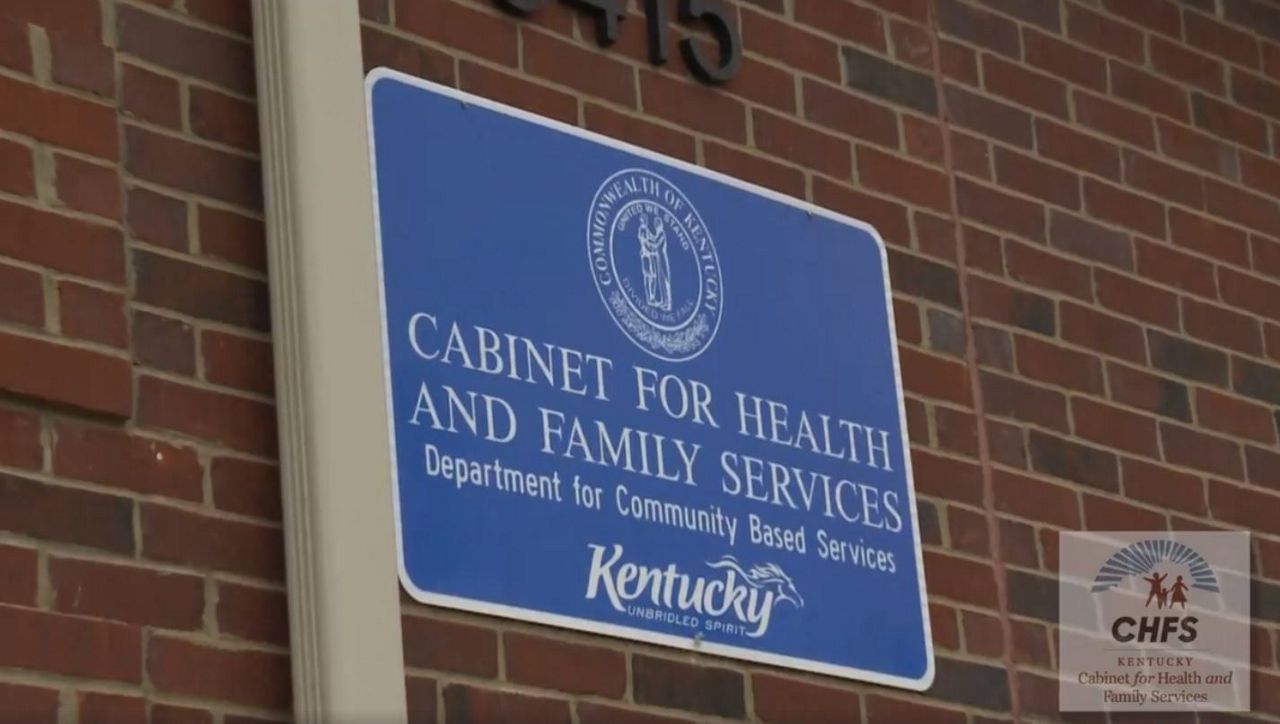FRANKFORT, Ky. - Social workers often deal with people in the worst moments of their lives and face intense scrutiny for their work.
The stress of the job means the retention rate among state social workers is extremely low. The Department for Community Based Services is working to address the retention problem within their department by adopting what is called a “Culture of Safety Model”. Safety science is used in jobs that deal with safety risks on a daily basis, jobs like aviation, health care, and so on.
“Child welfare work, particularly among front line social workers is dangerous work. You are going into situations that can be quite dangerous,” said DCBS Commissioner Eric Clark. “What the culture of safety does is incorporates safety science in a way that allows workers to inform our system from the front line without fear of retaliation or being blamed for bad outcomes or faults in their practice.”
In Kentucky, social workers are averaging about 30 cases a day. A case is categorized as one family, meaning it could have multiple children for the one case. Often a state social worker is responsible for more than a hundred children a day. Traditionally, the department requires workers follow every policy, procedure and regulation to the tee.
“If there is a bad outcome or if something is not followed, that is what is going to be blamed as the contributing factor to that,” Clark said. “That’s unreasonable, and frankly it’s unfair, and I can understand the challenges of workers wanting to stay with our agencies when we have that approach.”
The new model is aimed at changing this.
“The culture of safety turns that on its head and acknowledges that these workers bring value, that bad things unfortunately can and will happen in child welfare but when they do how do we bring workers alongside in a safety model, environment where they are free to talk openly about what happened, what contributed to that outcome and how we can we may make it better and what do they need to prevent that from happening again rather than blaming them and creating an out for the agency. It’s the right approach to accountability, it holds our system accountable.”
Several other states, including Minnesota and Arizona, have adopted a similar model and found retaining workers have become easier. The states also saw a decrease in the number of children in out of home care.
“When you have workers who have to operate in culture of fear, and blame and finding fault, they are going to operate in a very protective manner and the easy thing to do in this space is remove a kid and bring them into foster care,” said Clark. “That may not always be the right decision. How do we empower workers to make the right decision, but maybe the more difficult decision of putting in home services around that family and keeping that kid safe in their home rather than removing them and putting them in foster care?”
According the Kentucky Personnel Cabinet, the starting salary for a state social worker is $2,803 a month or $33,636 a year.



